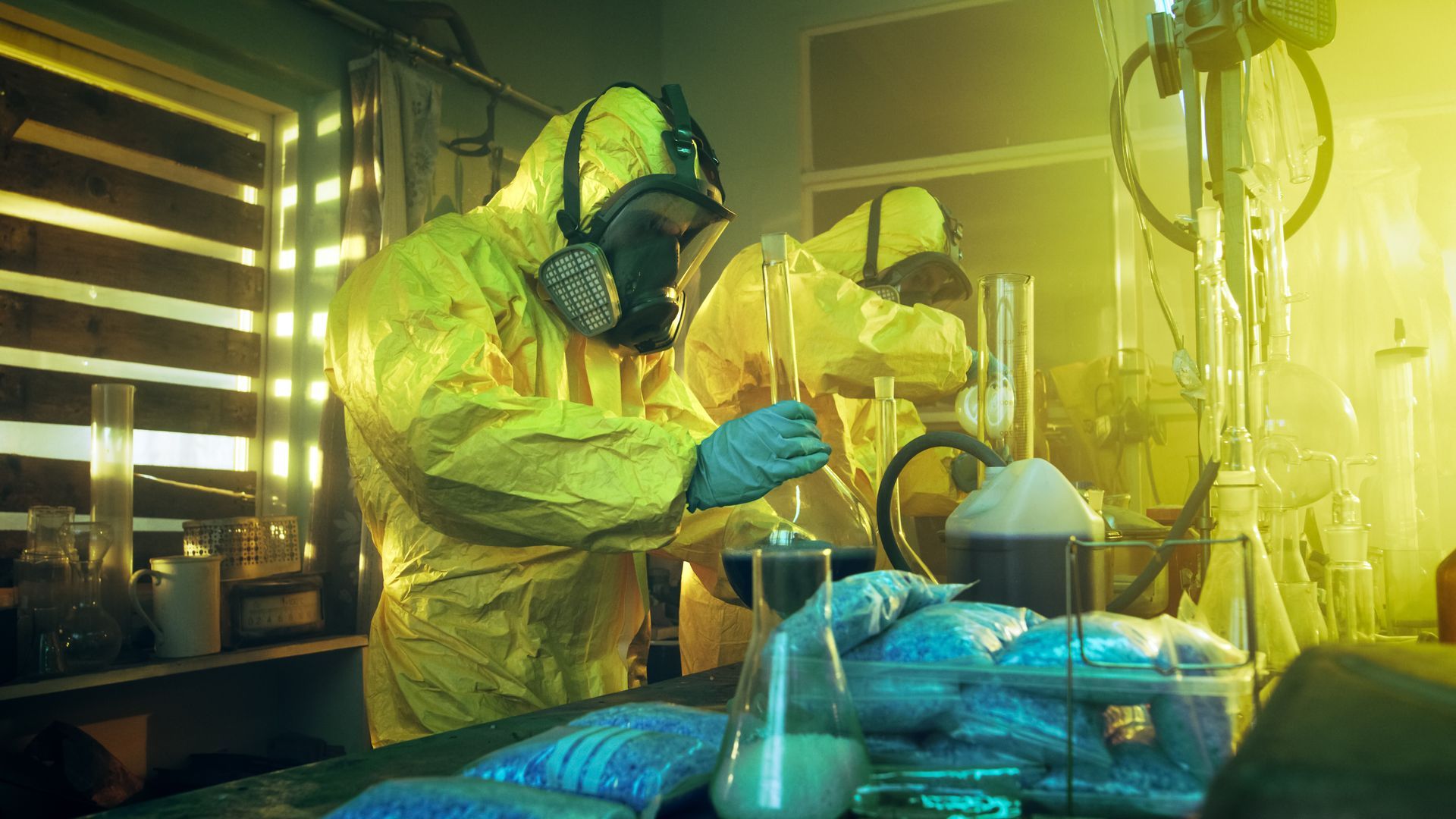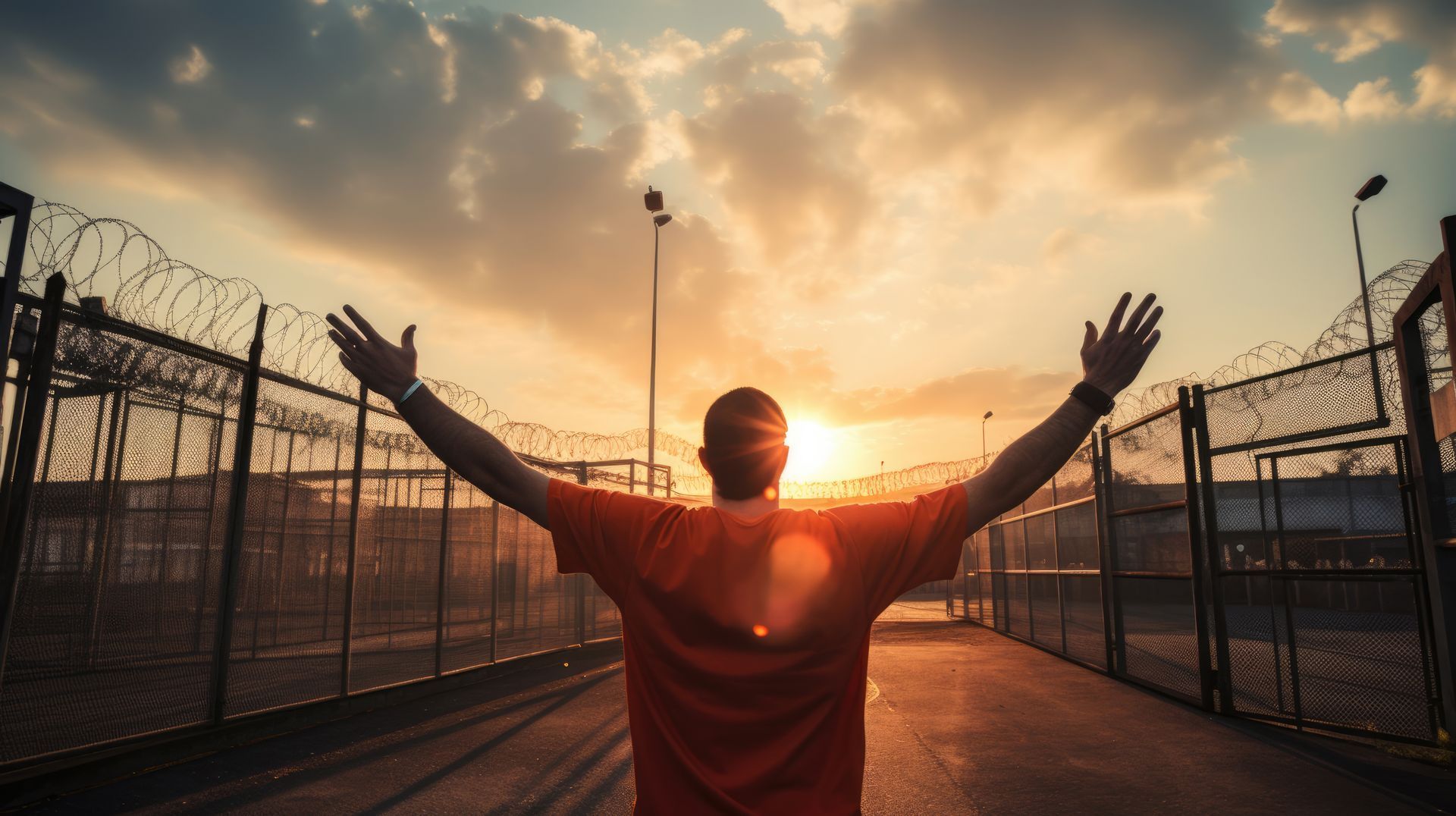The Role of Evidence in a Violent Crime Case

In the realm of criminal justice, evidence is the cornerstone of any prosecution, particularly in instances of violent crime. From physical evidence to witness testimony, the type, quality and handling of evidence can significantly influence the outcome of a trial.
About Violent Crime Evidence
Violent crimes, which include offenses such as assault, robbery, homicide and domestic violence, are serious offenses that carry severe penalties. Evidence in these cases is used to establish facts, identify suspects and prove elements of the crime beyond a reasonable doubt.
Physical Evidence
Physical evidence refers to tangible items that can be collected from a crime scene, the alleged perpetrator’s home or at a separate site where an attempt was made to dispose of evidence.
This includes:
- Weapons: Guns, knives or any object used to inflict harm.
- Blood and Bodily Fluids: DNA evidence that can link a suspect to the crime.
- Fingerprints: Unique patterns that can place a suspect at the crime scene.
- Clothing and Fibers: Items that may contain traces of blood, hair or other substances.
Forensic Evidence
Forensic evidence involves scientific analysis and techniques to analyze physical evidence.
This includes:
- DNA Analysis: Matching DNA samples from the crime scene with suspects.
- Ballistics: Examining bullet trajectories and markings left on shell casings and residues.
- Toxicology: Analyzing substances in the body to determine intoxication or poisoning.
Digital Evidence
Digital evidence is increasingly crucial in modern violent crime cases.
This includes:
- Surveillance Footage: Video recordings from security cameras.
- Cell Phone Records: Location data, call logs and text messages.
- Social Media: Posts and messages that may provide context, motive, admissions or location.
Witness Testimony
Witnesses can provide firsthand accounts of the crime, describe the suspect and offer insights into the events leading up to and following the crime.
Expert Testimony
Experts in fields such as forensic science, psychology and medicine can provide specialized knowledge to help explain complex evidence and its implications.
The Process of Handling Evidence
Collection: Evidence must be collected methodically to avoid contamination or loss. Crime scene investigators follow strict protocols to ensure all potential evidence is preserved. This includes:
- Securing the Scene: Ensuring the crime scene is protected from unauthorized access.
- Documenting the Scene: Taking photographs and detailed notes.
- Collecting Samples: Using gloves and sterile tools to collect evidence.
Preservation: Evidence must be stored in a way that maintains its integrity. This includes:
- Proper Packaging: Using appropriate containers to prevent contamination.
- Controlled Storage: Keeping evidence in secure, climate-controlled environments.
Analysis: Forensic laboratories analyze the evidence while adhering to strict chain of custody requirements. This includes:
- Testing and Comparison: Comparing DNA samples, fingerprints and other evidence.
- Reporting: Providing detailed reports on the findings.
Presentation in Court: Evidence must be presented clearly and convincingly in court. This involves:
- Chain of Custody: Demonstrating the evidence has been handled properly throughout the process.
- Expert Testimony: Experts explain the significance of the evidence to the jury.
Challenges in Evidence Handling
Handling evidence in violent crime cases presents several challenges that are critical to the integrity and reliability of the judicial process. One major issue is contamination, where improper handling can compromise the evidence’s integrity. Misidentification is another significant challenge as errors in forensic analysis, such as DNA or fingerprint mismatches, can lead to wrongful convictions.
Chain of custody issues also pose a risk, as mistakes uncovered by criminal defense lawyers or discrepancies can render evidence inadmissible in court. Furthermore, the interpretation of evidence, especially complex forensic data, requires expert knowledge. Any misinterpretation can mislead the court and adversely affect the case’s outcome.
The Defense Attorney’s Role
Given the complexity of evidence in violent crime cases, having a skilled defense attorney who has in-depth knowledge of chain of custody requirements, law enforcement practices and common mistakes made when handling, storing or testing evidence can be vital.
An experienced criminal defense attorney can challenge the prosecution’s evidence by scrutinizing it for inconsistencies, contamination or errors in analysis. They can investigate alternative theories, gathering additional evidence or presenting alternative explanations that cast doubt on the prosecution’s case.
Ensuring the fair handling of evidence is another vital role of a defense attorney, as they make sure all evidence has been collected, preserved and analyzed according to legal standards, thereby protecting the defendant’s rights. Additionally, the defense can present expert testimony to challenge the prosecution’s findings and offer alternative interpretations. Effective cross-examination of the prosecution’s witnesses by the defense can reveal inconsistencies and reduce their credibility, further strengthening the defense’s case.
Get Aggressive Criminal Defense Representation From a Phoenix Attorney Experienced With Challenging Evidence
Facing criminal charges can be overwhelming. Michael Alarid III, an Arizona board-certified criminal defense specialist, possesses years of experience and a deep knowledge of Arizona law. He is committed to protecting the rights of his clients and will aggressively advocate for a positive case outcome.
Contact us today for a free consultation or give us a call at (602) 818-3110 and take the first step toward a strong defense.



